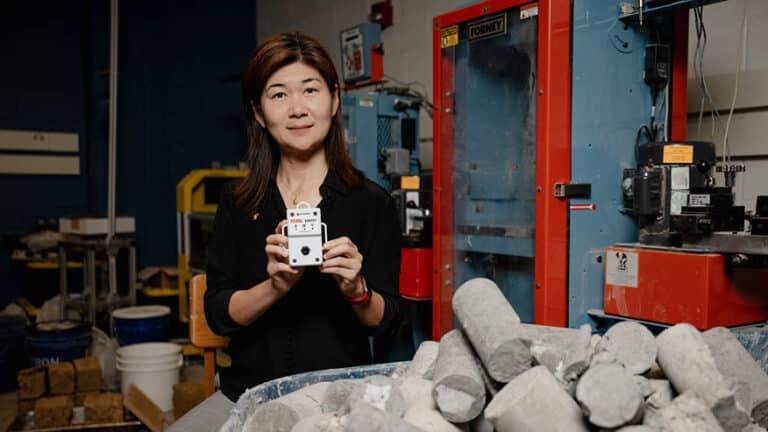The Difficulty of Studying Architecture: Challenges and Realities
Studying architecture is a rewarding yet demanding path. This article explores the key challenges architecture students and professionals face, from rigorous academic requirements to workplace pressures. The difficulty studying architecture is significant. It also compares architecture to engineering, highlights practical obstacles, and offers actionable advice. The discussion is supported by data from trusted sources and summarized in clear tables for easy reference.
1. Academic Journey: Time, Effort, and Financial Investment
Architecture programs are among the longest and most intensive academic paths. In most countries, becoming a licensed architect requires 5 years of undergraduate study , followed by 3 years of practical training and passing licensing exams. According to the National Architectural Accrediting Board (NAAB), students must also complete three stages of professional exams to qualify.The challenges contributing to the difficulty studying architecture are numerous.
Key Challenges:
- Studio-based learning: Students spend countless hours on design projects with tight deadlines, often sacrificing personal time.
- Interdisciplinary coursework: Balancing creative design with technical subjects like mathematics, physics, and construction materials.
- High costs: The average annual tuition at private U.S. architecture schools is $40,000 , excluding materials and software expenses.

2. Architecture vs. Engineering: Key Differences
While both fields involve design and problem-solving, they differ significantly in focus and methodology. Below is a comparison:
| Aspect | Architecture | Engineering |
|---|---|---|
| Primary Focus | Aesthetics, user experience, spatial design | Technical functionality, safety, efficiency |
| Core Subjects | Design studios, history, building tech | Mathematics, physics, specialised engineering principles |
| Problem-solving | Creative and subjective | Analytical and quantitative |
| Main Challenge | Balancing creativity with practicality | Applying scientific theories accurately |
Quote:
“Architecture blends art and science, while engineering prioritizes technical solutions. Your choice depends on whether you lean toward creativity or analytical precision.”
— American Institute of Architects (AIA)
3. Workplace Realities: Competition and Legal Responsibilities
The challenges intensify after graduation:
- Job market competition: The U.S. Bureau of Labor Statistics projects only 3% job growth for architects between 2022–2032, slower than average.
- Low starting salaries: Entry-level architects earn around $45,000 annually , with significant pay raises requiring years of experience.
- Legal accountability: Licensed architects are legally responsible for their designs. Construction lawyer Sarah Ahmed notes:”Design flaws can lead to lawsuits. Architects must stay updated on local building codes and safety regulations.”
4. Work-Life Balance: A Persistent Struggle
Architects often face grueling schedules:
- Long hours: A Architectural Record survey found that 60% of architects work over 50 hours weekly .
- Self-employment pressures: While freelance work offers flexibility, it also brings financial instability and administrative burdens.
- Project deadlines: Tight timelines can clash with personal commitments, especially in large-scale projects.

5. Tips for Overcoming Challenges
- Build hybrid skills: Combine design creativity with technical proficiencies (e.g., AutoCAD, project management).
- Gain early experience: Internships during school improve employability and ease the transition to professional practice.
- Commit to lifelong learning: Stay updated on advancements in materials, sustainability, and regulations.
Frequently Asked Questions (FAQ)
- Is architecture harder than engineering?
It depends on your strengths. Architecture emphasises creativity and design, while engineering focuses on technical problem-solving. The difficulty studying architecture can vary. - What skills are essential for architects?
Design thinking, critical analysis, communication, and time management. - Can architects work part-time?
Rarely, due to project-based demands requiring full-time commitment. - How long to earn an architecture license?
3 years of internship + passing licensing exams. This adds to the overall difficulty studying architecture.
Summary Table of Key Points
| Category | Details |
|---|---|
| Academic Duration | 5 years of study + 3 years of training |
| Main Academic Hurdles | Studio workload, interdisciplinary coursework, high costs |
| Job Market | Slow growth (3%), competitive salaries |
| Legal Duties | Accountability for design safety, varying regional regulations |
| Career Advice | Develop technical + creative skills, pursue internships, prioritise learning |

Architecture is a fulfilling career for those passionate about shaping spaces, but it demands resilience, adaptability, and continuous growth. By understanding the challenges and preparing strategically, aspiring architects can navigate this complex field successfully despite the difficulty studying architecture.







